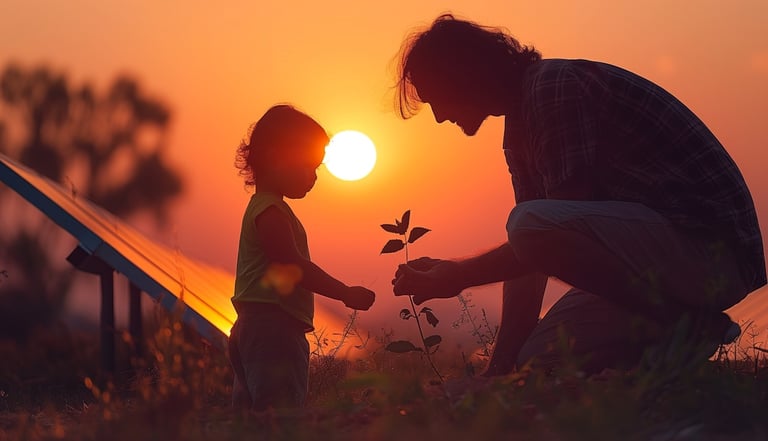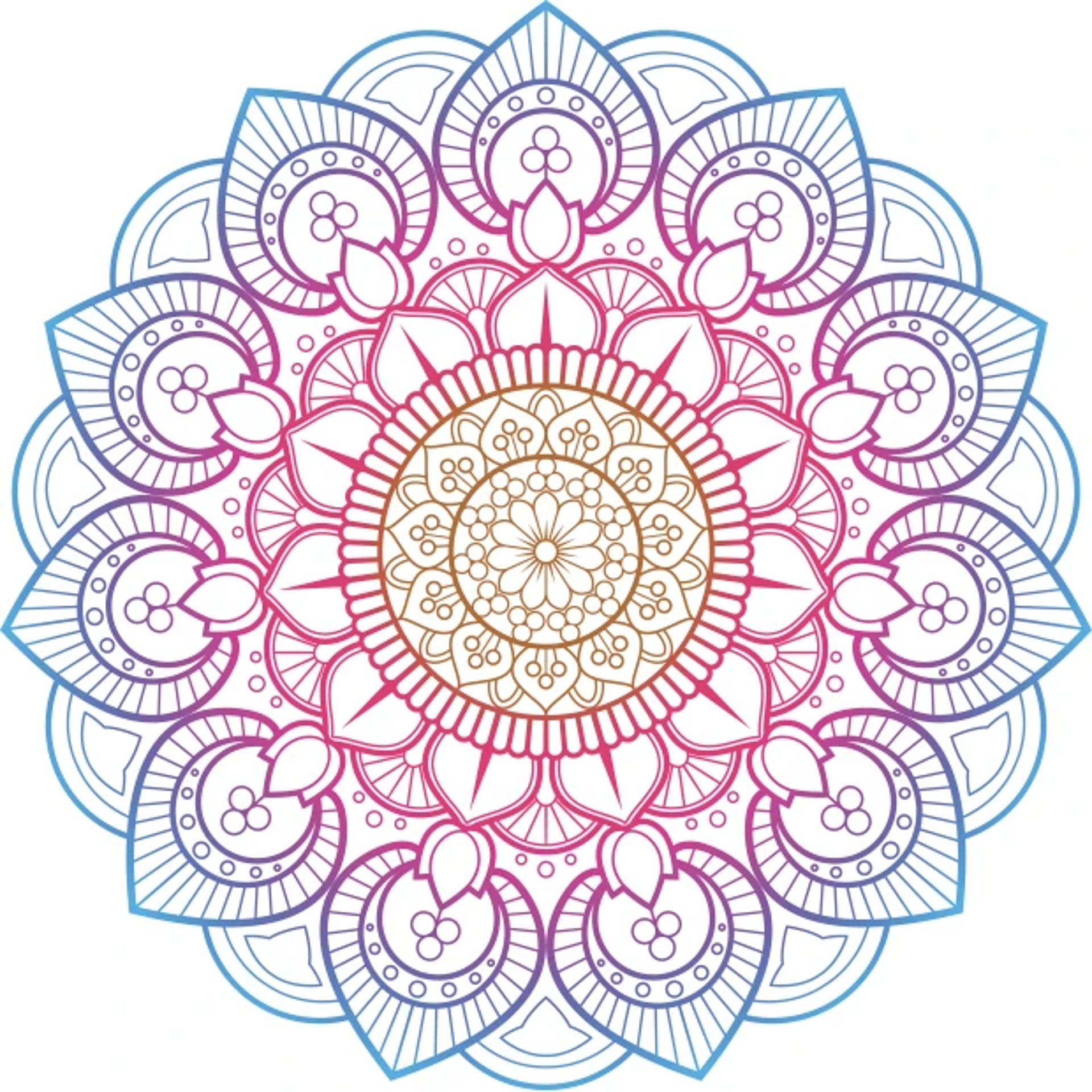Beauty of Cultures & Tradition
In this blog, we explore the deeper meanings behind cultural traditions, the challenges they face in a changing world, and the need for balance between preservation and adaptation. Read on to discover how culture can be a bridge, not a barrier. 🌍✨
Rajesh Chand
2/28/20252 min read


Culture
Culture is more than just a collection of customs, rituals, and traditions—it is the foundation upon which societies are built. The word culture itself originates from the idea of cultivation, symbolizing growth, preservation, and the passing down of values from one generation to the next. Historically, wise and learned individuals created traditions to foster love, compassion, togetherness, sustainability, and a deep connection to one’s roots. However, as times change, so must culture—adapting to modern realities while preserving its core essence.
The Deeper Meaning Behind Cultural Practices
Every culture has unique traditions that serve meaningful social and emotional purposes. In the Hindu culture I grew up in, one common practice is bowing one’s head while greeting elders, often using words like “dhog diye” or “darshan.” This simple gesture fosters humility, dissolves ego, and strengthens bonds within families and communities. Such traditions may seem small, but they carry profound significance in maintaining social harmony.
Similarly, during times of mourning, Hindu families observe a 13-day isolation period, during which close relatives, particularly sons or daughters, follow a simple vegetarian diet and spend time in quiet reflection. Grief can be overwhelming, and this practice provides space for emotional healing. The belief that food influences the mind is central to this tradition—consuming light, sattvic food helps stabilize emotions, allowing the bereaved to process their loss with a clearer mind. Beyond personal grief, these rituals ensure that a sense of togetherness and remembrance remains intact across generations.
The Evolution of Culture in a Changing World
Cultural traditions are often misunderstood or misjudged, especially when taken out of context. Some people attempt to politicize or manipulate cultural values for personal or ideological gain. In certain cases, traditions established centuries ago may no longer align with contemporary society and require thoughtful adaptation. However, evolving a culture does not mean abandoning it altogether. Instead, it should be refined in a way that promotes inclusivity, sustainability, and collective well-being.
Unfortunately, history has shown that political entities, religious figures, and organizations have often sought to erase or reshape cultural identities to fit their own narratives. This happens in two ways—either through forceful means like war or through gradual, subtle integration, where cultural shifts occur without full awareness from the affected community. Often, these influences push an ideology where one group is positioned as superior, while others are marginalized based on religion, race, gender, or other factors.
Striking a Balance: Preserving Culture While Embracing Change
To ensure culture remains a force for unity rather than division, it is essential to:
Understand and appreciate its core values – Rather than blindly following traditions, people should seek to understand their significance and how they contribute to societal harmony.
Adapt cultural practices to modern realities – While tradition offers wisdom, it should not be rigid. Adjusting cultural norms to align with contemporary values fosters progress.
Resist external manipulation – Societies must remain vigilant against forces that seek to erase or alter cultural identities for political or ideological gain.
Promote inclusivity and peace – The purpose of culture should be to bring people together, not to create divisions. Respecting and learning from different traditions enriches societies.
Culture is not just about the past, it is about the present and the future. While traditions must be preserved for their wisdom and emotional depth, they must also evolve in ways that encourage unity, understanding, and peace. Only by striking this delicate balance can we ensure that culture remains a bridge that connects generations, rather than a wall that separates them. Any cultural practices that fail to promote inclusivity and unity in diversity should be reexamined and discouraged.

